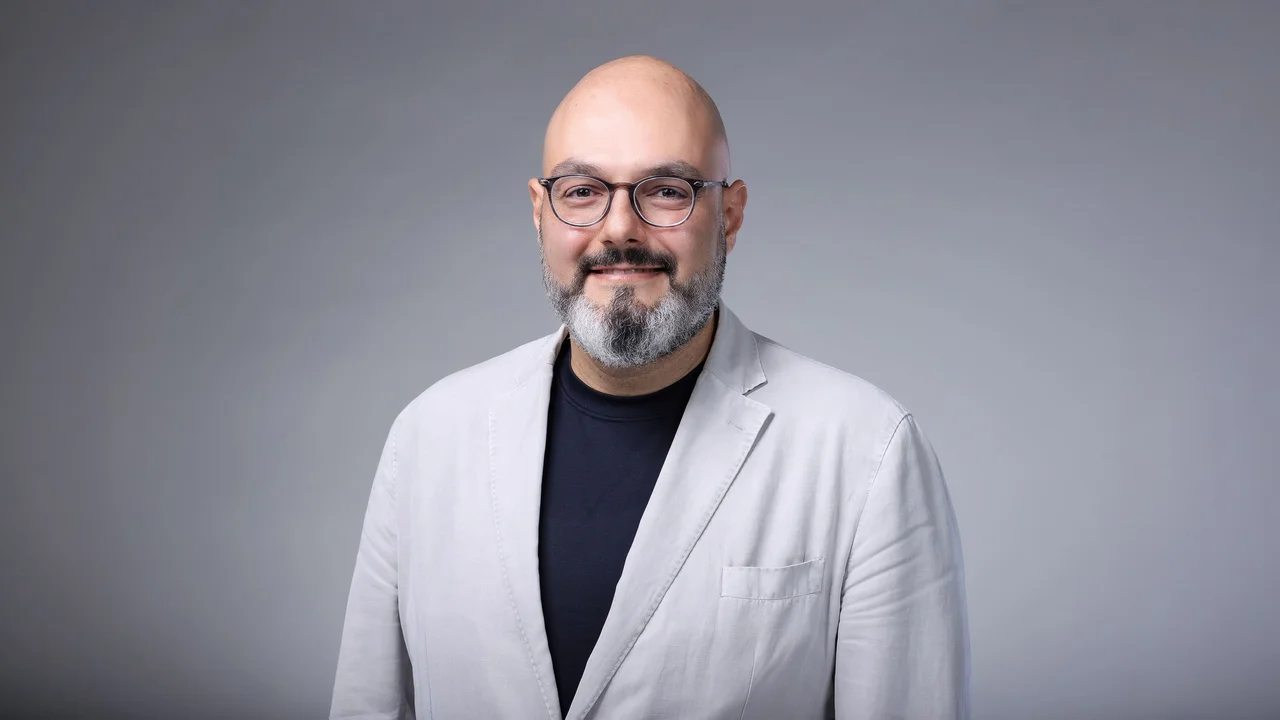
IVUL Contacts
Related People
Principal Investigators
Biography
Professor Bernard Ghanem is the Chair of the KAUST Center of Excellence for Generative AI (GenAI) and a leading expert in computer vision and machine learning. He is a professor of Electrical and Computer Engineering (ECE) and the principal investigator of the Image and Video Understanding Lab (IVUL).
Ghanem's research focuses on computer vision and machine learning, particularly on large-scale video understanding, 3D scene comprehension and the foundation of machine learning.
At KAUST, Professor Ghanem's work bridges academic innovation and industry needs, advancing AI technologies through interdisciplinary collaborations. As Chair of the KAUST Center of Excellence for Generative AI, he leads efforts to establish world-leading excellence in GenAI research by developing the next generation of models that are efficient, trustworthy and tailored for widespread deployment.
His work supports solutions for the Kingdom's national Research, Development, and Innovation (RDI) priorities—Health and Wellness, Sustainability and Essential Needs, Energy and Industrial Leadership, and Economies of the Future—while accelerating the adoption of GenAI through translational research and talent development in collaboration with industry partners.
Professor Ghanem earned his Ph.D. in Electrical and Computer Engineering in 2010 and his M.Sc. in 2008, both from the University of Illinois at Urbana-Champaign (UIUC), U.S. He served as a graduate research assistant at the Computer Vision and Robotics Lab (CVRL) at the Beckman Institute for Advanced Science and Technology at UIUC.
Research Interests
Professor Ghanem’s research interests and expertise lie in:
- Robust, large-scale video understanding, including object tracking, activity recognition/detection, and retrieval.
- Visual computing for automation, including 3D object detection, 3D tracking, 3D indoor and outdoor navigation, and Sim2Real transfer learning.
- Development and analysis of foundational tools in computer vision and machine learning, including deep graph neural networks, neural network robustness and certification (Trustworthy AI), continual learning, and foundational models in vision and language.
